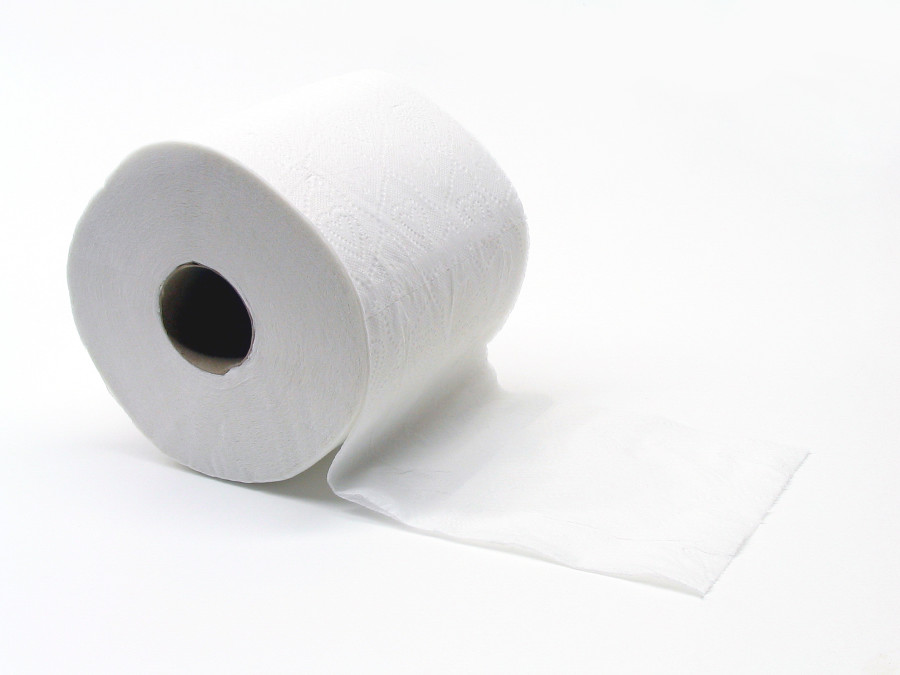The golden nugget
Monarchs have always inherited thrones of the finest material, but since Brazil has long eradicated royalty, why should we filthy peasants stick to porcelain? In recent years, scientists have been looking for ways to make human waste, less wasteful. For starters, there’s urine-generated electricity, English buses powered by feces, drinking water derived from excrement, and now, we can also collect precious metals from our sewage systems.
Taking gold-digging to a whole other level, these methods would not only make heaps of money, but also help reduce the environmental impacts of companies who scour the depths of the earth with barely legal technology. This would also make fertilizers less harmful by reducing the content of dangerous metals.
Human sewage is reported to contain the following metals: gold, silver, platinum, copper, palladium and vanadium. Scientists haven’t quite figured out how to separate these metals yet, but a lead researcher from the project, Kathleen Smith, claimed that if the same concentration of metals was found in rocks, companies would consider them as potential mining prospects.
These metal fragments might be a build-up of cosmetic products, foods, detergents and soil, but the origin is not entirely clear, and is probably a result of many things. However, these metals could really be used anywhere, all the way from a golden tooth to a nuclear bomb, or even to make yourself a luxury toilet. The possibilities are endless.
Speaking of toilets, under the idea that the best thing to do with loads of gold would be to build a toilet, Hong Kong boasts a functioning 24-carat gold toilet, estimated to be worth more than 29 million dollars. There’s also a company in Australia that’ll sell you 24-carat gold toilet paper, if dollar bills aren’t enough to show off your wealth.
All right, but how much money could these exciting excrement extractions really make? Earlier this year, scientists calculated that collecting a group of 1 million people’s sewage could make up to 13 million USD annually. That’s right, in a large city with 20 million people, that’d be 260 million US dollars. We would literally be flushing millions down the toilet. According to the U.S. Environmental Protection Agency and the U.S. Geological Survey, these biosolids contain between 28-30 mg of silver per kilogram of waste, up to 638 mg of copper and between 36-49 mg of vanadium. That’s a lot.
Japan already started this special method of mining in 2009. The Nagano Prefecture found 1890 grams of gold in a single ton of ashes.
There’s nothing you can do about the stench of feces, but thanks to the hard work of scientists, you can now take a golden pill that’ll make your droppings glitter. It costs around 425 bucks, but if you start prospecting your toilet, you’ll probably be able to make that money pretty quickly.
In conclusion, you’re valuable, and don’t let anyone tell you otherwise. Scientists are willing to pay up to 13,000 USD a year for your poop. Every part of you is worth something, even those parts you might not value. Don’t let society label what you make, the greatest of things are always lodged somewhere in what you think might be the worst of things.
Sources: CNN, IFLScience, LiveScience, Time

Wolfrid is spill a human bean and continues to make unpearable cheesy food buns. Influenced by the great E.E. Plummings, he consumes research and then...








